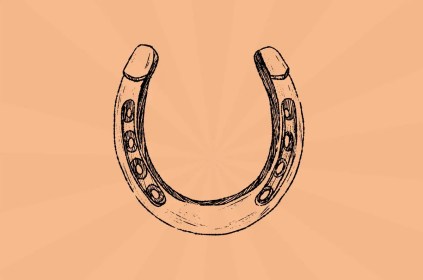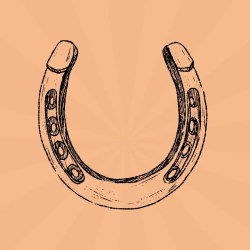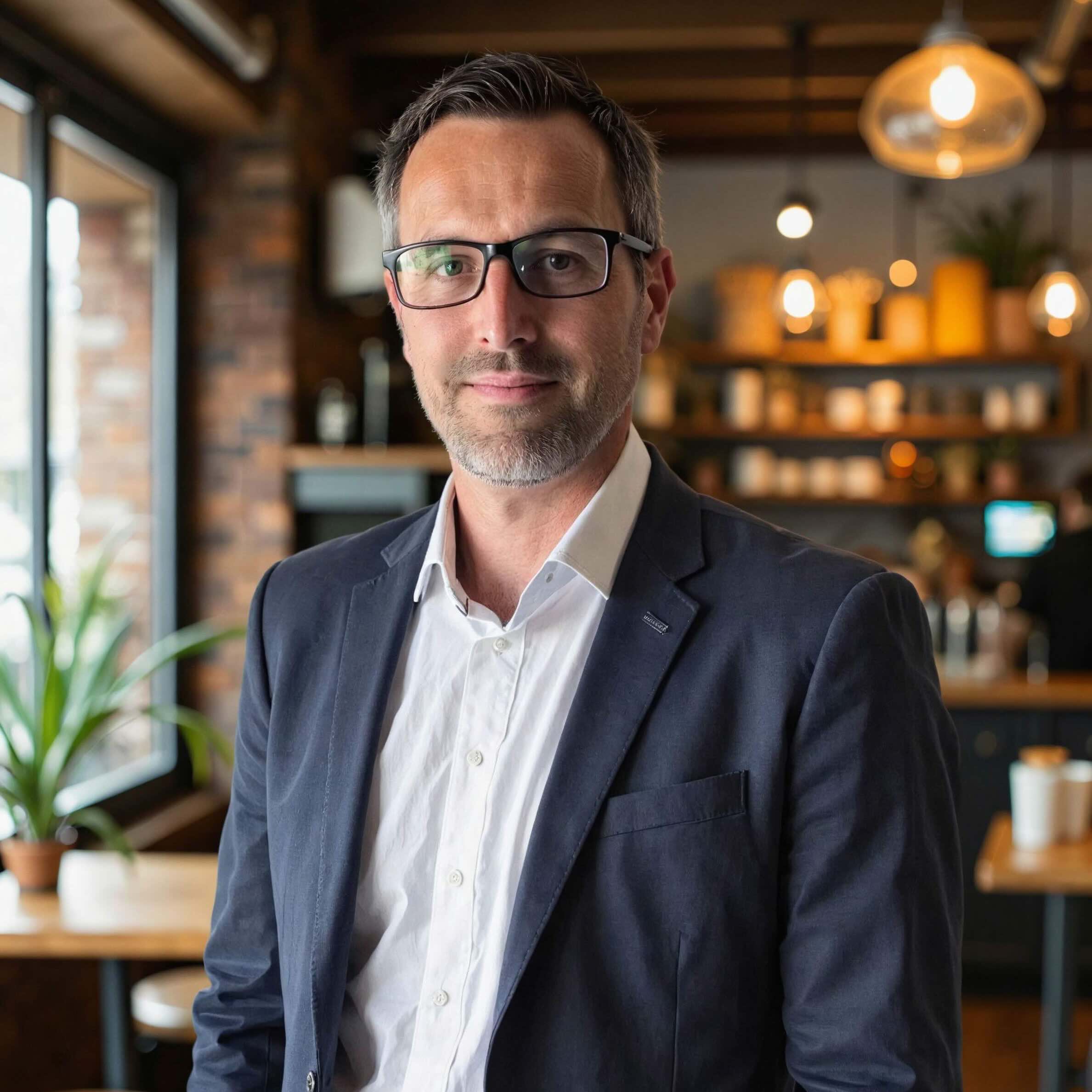A few years ago, I walked past a whiteboard where someone had scribbled,
“We are not machines.”
It was half-erased—probably someone’s shoulder brushed past it—but I’ve never forgotten those words.
Lately, they’ve been echoing louder.
We live in a world that rewards output, speed, and optimization. That’s especially true if you’re a leader or a creative pro. We grind. We ship. We measure. We strive to be efficient. But we forget: the work we’re doing is human work. It requires imagination, insight, courage—and those things don’t operate on a mechanical schedule.
In this week’s Daily Creative podcast, I spoke with Bree Groff and Emily Kasriel, two people who are trying to restore a bit of humanity to the workplace. The conversation left me rethinking a few things—and I wanted to share five reflections with you:
1. Most work, most days, should be fun.
That’s not naive—it’s deeply practical.
As Bree put it, “Work is just effort that moves something.” When we strip away the unnecessary layers—back-to-back meetings, performative productivity, bureaucratic theater—we’re left with something simpler and often joyful: people using their skills to create value.
Fun doesn’t mean silly. It means energizing. Purposeful. Connected. And when work is fun, we don’t just feel better—we produce better. If your team hasn’t laughed together in a while, it might be time to ask: what have we lost?
2. We confuse ‘hard work’ with ‘meaningful work’.
A lot of people think my book Die Empty is about gutting it out. Pushing harder. Leaving it all on the field. It’s not.
It’s about not leaving your best work trapped inside because you’re heads-down on the wrong things. It’s about recognizing that doing “a lot” is not the same as doing “what matters.”
Grinding doesn’t guarantee greatness. Sometimes it just means we’re too tired to notice we’re off course.
3. You can’t do your best work on a timer.
Brains don’t think in 30-minute increments. Yet we schedule our days like we’re optimizing a factory line.
Bree introduced the idea of a “Do Nothing Day”—a full day with no meetings, no deliverables, just creative exploration. That might sound radical, but it’s actually ancient wisdom. Some of your best ideas emerge not when you try harder, but when you give your mind space to wander.
Pressure compresses possibilities. Space expands them.
4. Listening is not a soft skill. It’s a radical one.
Emily Kasriel reminded me that most of what we call “listening” is really just waiting for our turn to speak.
True listening—deep listening—is about meeting someone with full presence, no agenda. And when people feel genuinely heard, they bring more of themselves to the work. It builds trust. It disarms tension. It fuels connection.
Want your team to take risks, offer ideas, and own their contribution? Start by actually listening. Not nodding along—listening.
5. The best leaders protect space.
We often think of leadership as protecting outcomes. But great leaders also protect conditions. They defend time for thinking. They make room for humanity. They understand that their people aren’t machines—they’re complex, creative, sometimes messy humans.
And when you create the right environment—one that invites reflection, respects attention, and encourages curiosity—you’ll get better results andbetter humans.
If you’re in a season where work feels dry, reactive, or relentless—this episode is for you.
It’s not about escaping the pressure. It’s about redesigning your approach so that your best, most meaningful work can emerge.
🎧 Listen to the episode here →
One challenge for this week:
Bring 5% more humanity to your work.
Ask a better question. Block 30 minutes to think. Shut your laptop and take a walk before your next brainstorm. Just one small shift. See what it changes.
Thanks for reading. You’re not a machine. You’re doing human work.
Don’t forget to treat it that way.
















